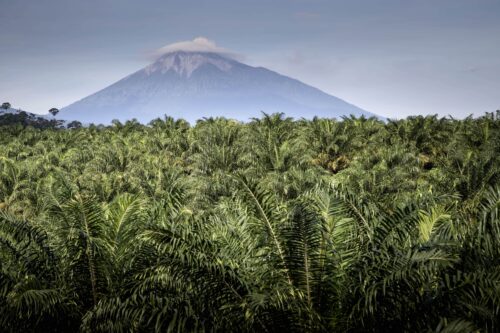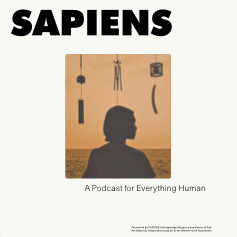Bila Mwili

“Bila Mwili” is part of the collection Poems of Witness and Possibility: Inside Zones of Conflict. Read the introduction to the collection here.
the grey sediment of you,
floating like a mass, a mess
sinking down to lie
on the ocean’s belly
your body turned to ash
not exactly soil-like
but something closer to
rough gravel or the burnt
embers of charcoal
the flowers i pick
red and white
flame and jasmine
the blueness of the water
the air weighs heavy with sea salt
antiseptic threaded into the clouds above
the muezzin in our rooms just after midday
our name, his name, hers, yours
are somehow in the putrid black water
that runs along the street of the market at night.
the memories that stay reverberate forever
before emptying into the forgetting.
the eternal flashed on the same coin
as the fleeting, an echo shouting
for you, calling you home.
the hallway will always
embrace you.
































